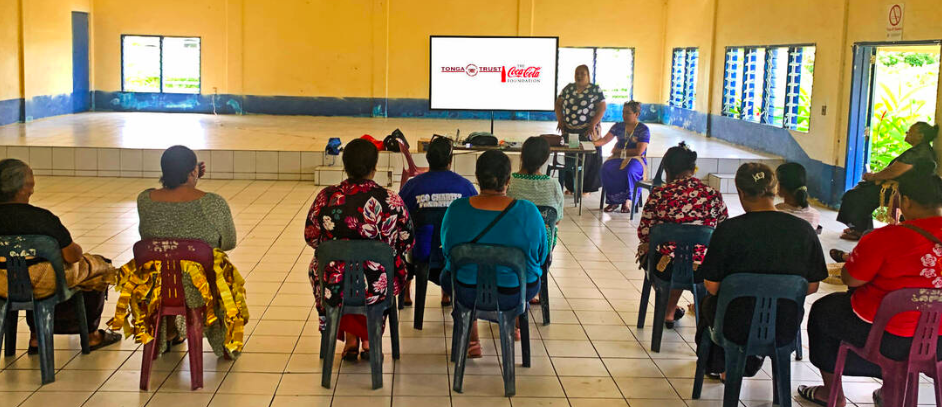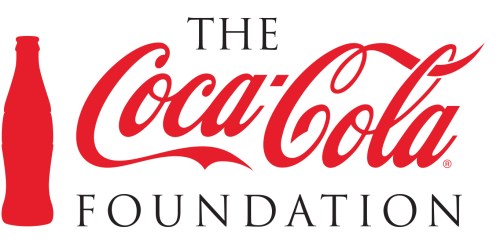Resilient Communities in Tonga through Sustainable Rainwater Harvesting Practices
Focal Areas: WASH and Health
About the Project
Access to safe drinking water is significantly important for healthy communities. However, it can be challenging with the perception and practices about collecting and storing rainwater, and especially with the increasing risks imposed by climate change and natural disaster. The main source of drinking water in Tonga at present is rainwater collected in water tanks, either made from cement or plastic. According to 2016 Census, out of 18,005 total number of households in Tonga, 60% (10,890 HH) drink from rainwater stored in water tanks they owned. The other sources of drinking water are: 20% (3,537 HH) from the neighbor or community (it can be water tanks or piped water), 10% (1,799 HH) piped water supply, and 10% (1,713 HH) bottled water. TCDT has always shared the Public Health concerns about water safety, especially rainwater collected and stored in the water tanks that 70-80% of households access for drinking. It challenges people’s perception about safety water standards, as well as safety practices for collecting and storing rainwater. The problem with perception stems from the assumption that rainwater is clean since it comes down from heaven and this influences their practices. As a result, many households rarely clean and flush out their water tanks, unless it is necessary. The common practice according to some of TCDT's past household surveys, it can take up between 10 - 15+ years for a water tank to be cleaned. At the same time, the water tank is at a high risk of being contaminated while people continue to fetch their drinking water from them.
Location
Tongatapu – Tatakamotonga, Lapaha, Nukunuku and Kolofo’ou
Outcome
Improve quality of drinking water and continue to sustain the rainwater harvesting system in at least 130 HH
Activities
|
|
Donor/Development Partner:
Timeframe: 1 January – 31 December 2022


